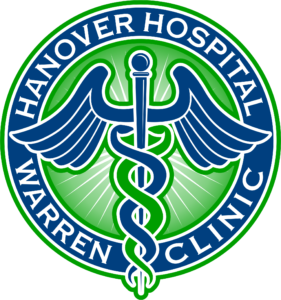Cardiac
Your heart health is important to you, and to us. Your hospital is the place to go when you’re concerned about your heart. We have trusted, Board-certified physicians, and experienced staff who can provide everything from heart health screenings to both non-invasive and invasive procedures. Getting you on the road to recovery after you’ve experienced a heart event is why we’re here.
Cardiac Rehabilitation Program
The Cardiac Rehabilitation Program provides progressive exercise and education to patients with cardiac conditions. With the goal of improving function and prolonging life, the program’s services include comprehensive evaluation, prescribed exercise, and education.
Four levels of rehab services are offered:
- Phase I — Inpatient Cardiac Rehab: During your hospital stay, the Cardiac Rehabilitation program is designed to help you and your family to understand what to expect during recovery.
- Phase II — Outpatient Cardiac Rehab (4 – 12 week monitored program) The patient exercise level will be based on a graded exercise stress test or determined by your physician.
- Phase III — Individual program where treatment plans are guided by patient goals, needs, and capabilities.
- Phase IV — A maintenance program where many patients fully resume their normal activities of work and leisure.
Participants may recover more quickly from cardiovascular disease, angina, heart attack, angioplasty or stents, coronary artery bypass graft (CABG), valve repair/replacement, and heart transplant. Evidence suggests that improving lipid levels by diet, exercise, and drug therapy benefits patients. Additionally, people who quit smoking significantly reduce their risks of another heart attack, sudden death, and stroke.
Event and Holter Monitor
Holter and event monitors are medical devices that record the heart’s electrical activity.
Event Monitor
Event monitors are small devices that are used by patients over a longer period (weeks to months, typically one month). The monitor is always on but will only store the patient’s rhythm when the patient or caregiver pushes the button. The intent is for most event monitors to be worn as much as possible every day to increase the chances of recording the patient’s rhythm when he/she has symptoms.
Holter Monitor
The Holter monitor is a device that records the heart rhythm continuously for 24 hours. This means that it records each and every heartbeat over that time. A wide variety of information can be obtained including heart rates during day and night, abnormal heartbeats, and recording the heart’s rhythm during any symptoms.

